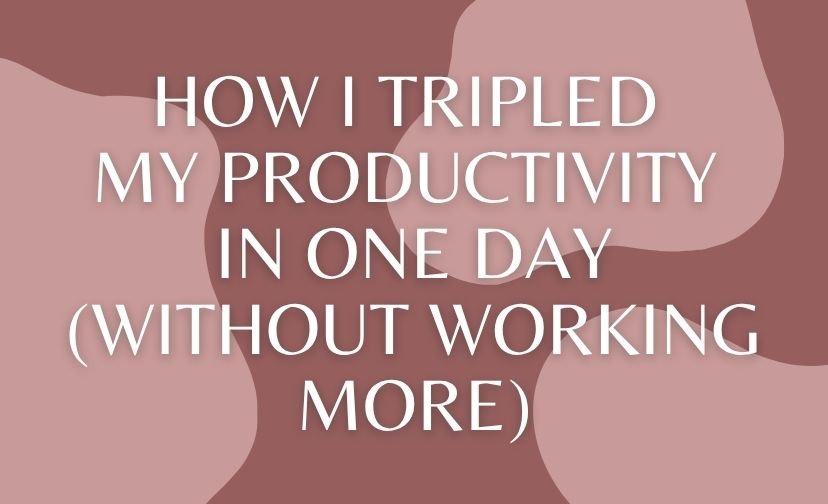Imagine juggling flaming torches while riding a unicycle on a tightrope. Sounds stressful, right? Yet, for many, this is what maintaining a work-life balance feels like. Balancing professional duties with personal life is an art that, when mastered, can transform your world.
This guide will explore how you can navigate this delicate dance and achieve a harmony that nurtures both your career and your soul. Let’s embark on this journey to reclaim your time, reduce stress, and enrich your life.
Understanding Work-Life Balance
In today’s fast-paced world, achieving a harmonious work-life balance might seem like a distant dream. But what does it really mean? It’s more than just splitting your time between work and personal activities; it’s about creating a fulfilling life where neither work nor personal time suffers.
What Does Work-Life Balance Really Mean?
Work-life balance isn’t a one-size-fits-all concept. It’s a fluid equilibrium that shifts as life changes. For some, it means leaving the office by 5 PM to enjoy dinner with family.
For others, it might involve flexible work hours to accommodate personal commitments. Ultimately, it’s about finding what works best for you without compromising your mental health or productivity.
To better understand your ideal balance, try tracking your daily activities for a week. Note how much time you spend on work, family, hobbies, and rest. This exercise can reveal patterns and help you identify areas where you can make adjustments.
The Importance of Work-Life Balance for Mental Health
The connection between work-life balance and mental health cannot be overstated. When your life is out of balance, stress and burnout are likely to follow, leading to anxiety and depression.
Conversely, a well-balanced life fosters mental clarity, reduces stress, and boosts overall well-being. It allows you to be more present in each moment, whether at work or home, enhancing your productivity and happiness.

Identifying Your Balance Challenges
Recognizing the signs that you’re out of balance is the first step toward achieving harmony. It’s like realizing you’re off-key in a symphony; once you know, you can start to adjust.
Signs You’re Out of Balance
Feeling constantly overwhelmed, struggling to concentrate, or having little time for hobbies are all red flags. Other signs include increased irritability, fatigue, and neglecting personal relationships. These indicators suggest that your scales are tipping too far in one direction.
If you’re unsure about your balance, ask a trusted friend or family member for their perspective. Sometimes, those close to us can see our struggles more clearly than we can. Their insights can provide valuable clues to help you realign your priorities.
Common Work-Life Balance Pitfalls
Falling into common traps can derail even the best intentions. Overcommitting, lacking boundaries, and prioritizing work over everything else are frequent pitfalls. Social pressure to “have it all” can also lead to unrealistic expectations. By identifying these traps, you can develop strategies to avoid them.
- Overcommitting: Saying “yes” to every request can lead to burnout.
- Lack of boundaries: Failing to separate work from personal time blurs lines.
- Neglecting self-care: Ignoring your own needs for others’ demands.

Practical Tips for Achieving Work-Life Balance
Once you’ve identified the challenges, it’s time to take action. Implementing practical strategies can help you regain control and create a sustainable balance.
Setting Boundaries: Work Hours vs. Personal Time
Establishing clear boundaries between work and personal time is crucial. Define your work hours and stick to them. Let colleagues know when you’re available and when you’re not. This separation ensures that work doesn’t encroach on your personal life, allowing you to recharge and maintain your mental health.
Consider setting up a dedicated workspace at home to physically separate work from leisure. This can help mentally switch between roles and reinforce the boundary between work and personal time.
Fun Productivity Tips to Maximize Your Day
Who said productivity couldn’t be fun? Incorporating enjoyable strategies can enhance your efficiency without feeling like a chore. Try techniques like the Pomodoro Technique, where you work for 25 minutes and then take a 5-minute break. This method keeps your mind fresh and focused.
| Productivity Tip | Description |
|---|---|
| Pomodoro Technique | Work for 25 minutes, then take a 5-minute break to recharge. |
| Task Batching | Group similar tasks together to streamline your workflow. |
| Mindful Breaks | Take short breaks to meditate or stretch to boost energy. |

Incorporating Relaxation and Self-Care
Self-care isn’t a luxury; it’s a necessity for achieving balance. Regularly engage in activities that relax and rejuvenate you. Whether it’s reading, yoga, or a hobby, these moments of joy are vital for maintaining your mental health. Prioritize these activities just as you would an important meeting.
Creating a Supportive Environment
Building a network of support can greatly influence your ability to maintain a balanced life. A supportive environment nurtures your journey, offering encouragement and understanding.
Engaging Your Employer in Your Balance Journey
Having open conversations with your employer about your work-life balance needs can be empowering. Discuss flexible working arrangements, such as remote work or adjusted hours. A collaborative approach can lead to solutions that benefit both you and your organization.
Building a Community of Support
Surround yourself with people who understand your goals and challenges. Join groups or forums where you can share experiences and advice. A community offers a sense of belonging and accountability, reinforcing your commitment to achieving balance.
Consider forming a support group with colleagues who share similar balance goals. Meeting regularly to discuss progress and challenges can provide motivation and new perspectives.

Making It Work: Real-Life Success Stories
Hearing about others’ successes can be incredibly inspiring. Real-life stories remind us that achieving balance is possible and worth striving for.
Inspiring Anecdotes from Everyday People
Take Jane, a mother of two who found balance by setting strict work hours and dedicating weekends to family adventures. Or consider Mike, who transformed his life by prioritizing evening workouts and weekend hikes. These stories show that with determination and creativity, anyone can find their perfect balance.
Expert Insights on Achieving Balance
Experts agree that balance is about quality, not quantity. Renowned psychologist Dr. Smith emphasizes the importance of mindfulness and intentional living. “Focus on being present in each moment,” she advises, “and you’ll find joy in both work and play.” Such insights offer guidance and reassurance on your journey.

Your Journey to Balance Begins Here
Your path to a fulfilling work-life balance starts now. By setting personal goals and reflecting on your progress, you can make continuous improvements.
Setting Your Personal Goals for Work-Life Balance
Define what balance means to you and set achievable goals. Whether it’s spending more time with family or pursuing a passion project, tailor your goals to fit your life. Write them down and revisit them regularly to stay on track.
Reflecting on Your Progress and Adjusting as Needed
Regular reflection is key to maintaining balance. Evaluate what’s working and what needs adjustment. Flexibility is essential, as life is ever-changing. By staying adaptable, you can ensure that your balance evolves with you.
Keep a journal to document your journey toward balance. Reflecting on your thoughts and experiences can provide valuable insights and help you recognize patterns that either support or hinder your goals.





